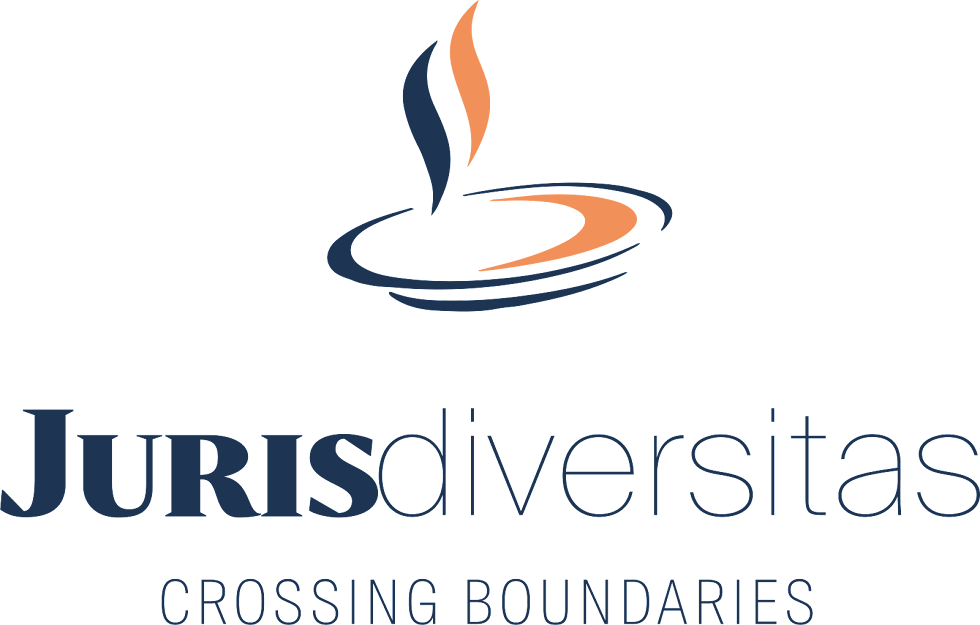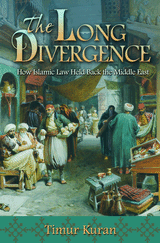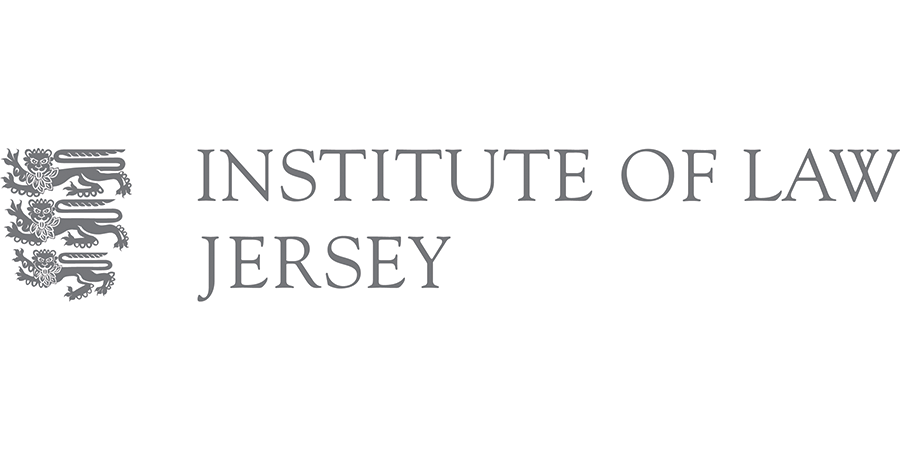PoLAR, the journal of the Association for Political and Legal Anthropology (APLA), has a second virtual issue. Entitled Reflections from Occupied Worlds, it
marks the one-year anniversary of the
Occupy Movement with a collection of essays and postscripts that provide a
unique commentary on challenges of pursuing social justice and activism
alongside anthropological inquiry. In recognition of other resistance
movements, including the Arab Spring, protests in Europe, and many others
that predated and coincided with Occupy, the issue focuses not on the
U.S.-based movement, but rather, on other parts of the world to explore the multiple
and multiplicative dimensions of occupation. In short, it considers
the “99%” beyond the United States.
In selecting articles that predate
the Occupy Movement, the issue attempts to provide a view of how
anthropologists have been conscious of resistance movements and attempted to
explain tensions within and between resistance and political institutions that
inevitably ensue. The articles highlight how anthropologists have studied
spaces of occupation and activism and the struggles within them. They take
readers to North America, the Middle East, Ireland and Ecuador, addressing
questions and tensions around anthropology and activism along the way.
Readers
are also reminded that the deadline for proposals for the Anthropologies
of Conflict in a New Millennium Conference is approaching.



1467-8683/asset/cover.gif?v=1&s=998549765bf0406a9cc921f54d560ba0b314ec99)
















